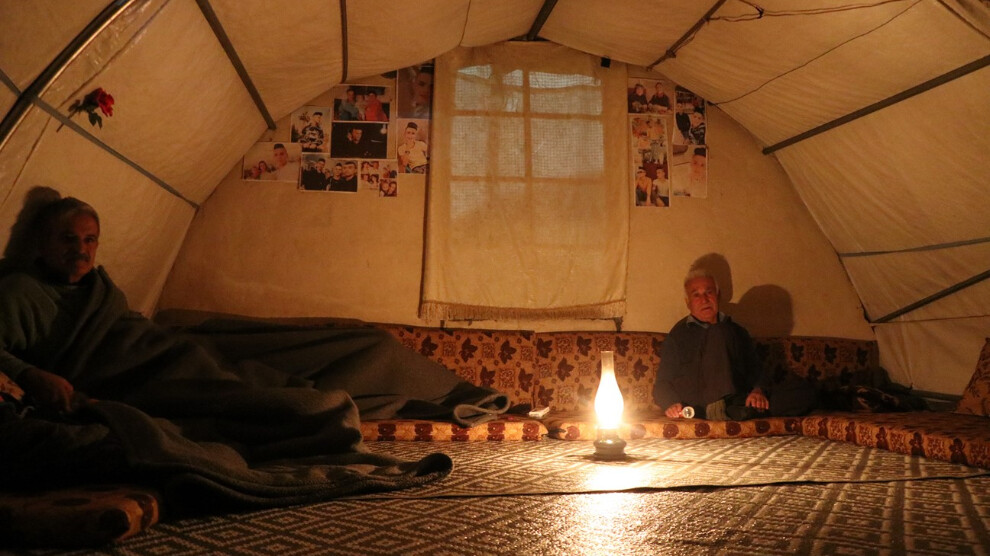Shehba without electricity for two days due to Syrian government embargo
The Shehba region, which houses the displaced people of Afrin, is under the embargo of the Syrian regime as well as attacks by the Turkish army and its mercenaries.
The Shehba region, which houses the displaced people of Afrin, is under the embargo of the Syrian regime as well as attacks by the Turkish army and its mercenaries.

The 4th Brigade of the Syrian army continues imposing an embargo on the Sheikh Maqsoud (Şêxmeqsud) and Ashrafiyah (Eşrefiye) neighbourhoods of Aleppo and the Shehba Canton in northern Syria. The embargo does not allow the delivery of basic necessities into the region and puts people's lives in jeopardy.
The embargo seeking to choke the Autonomous Administration of North and East Syria (AANES) was intensified in April and even bans basic needs and medical supplies.
Local authorities have been forced to restrict the operating hours of generators and water wells due to the lack of fuel. On April 8, the hours for the provision of electricity were reduced from 4 to 2. On April 27, the power was completely cut off as the fuel available in the region ran off.
While electric generators have been halted for the past two days, the residents of Shehba, who include a large number of IDPs from Afrin, spend the night in the dark, using oil lamps and candles.
BACKGROUND
The Shehba region has a population of more than 200 thousand. The region is also home to 5 refugee camps. 2,000 families live in Afrin, Shehba, Veger, Serdem and Berxwedan camps, where living conditions have become more difficult in winter.
The Shehba region is facing heating problems and power cuts due to the lack of fuel. 70 schools in the region have been suspended. 15 thousand students cannot receive education, while 950 teachers cannot continue their profession.
Two hospitals in the Fafin and Til Rifet districts have restricted health services. Due to limited fuel and medical supplies, treatment of people with serious illnesses has been interrupted despite their life-threatening conditions.
Two out of the nine bakeries in the region have recently stopped their operations. There is a limited amount of flour left in seven other bakeries that bake bread for the people of the region. Considering the suspension of fuel and flour supply to the region, seven bakeries are very likely to close down.